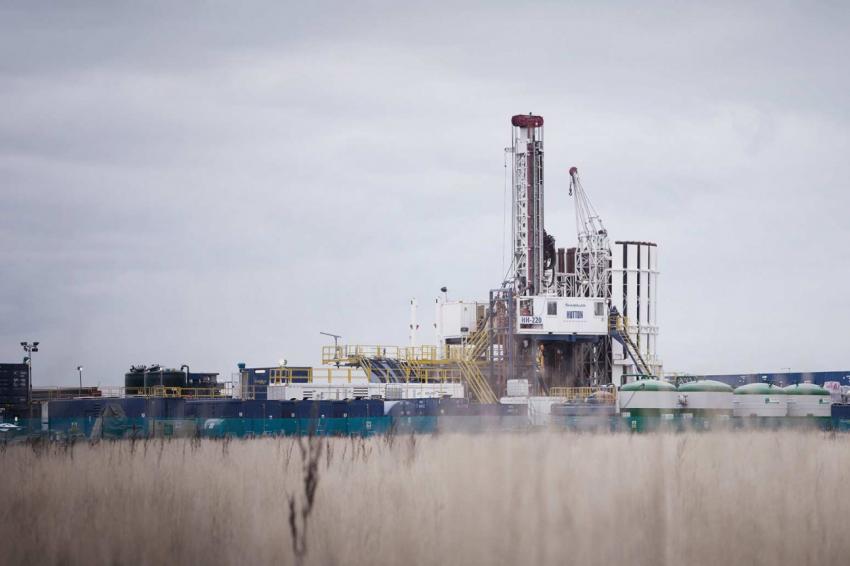UK Won't Ease Quake Rules for Shale
14.02.2019 -
Ineos Shale and unconventional gas exploration company Cuadrilla have apparently lost their bid to have the UK government loosen rules mandating a stop to drilling at prospective shale sites where the activity has generated earth tremors with a magnitude of 0.5 or more on the Richter scale.
While the UK’s central government has been supportive of the shale industry up to now – in contrast to the devolved regulatory authorities in Scotland, Wales and Northern Ireland – the Department for Business, Energy and Industrial Strategy said late last week that the country’s “ world-leading regulations remain in place to ensure fracking happens safely and responsibly.
“We set these regulations in consultation with industry and we have no plans to review them,” a spokesman for the department told the UK press.
While Ineos has not yet put the first drill into the ground, Cuadrilla’s equipment has been standing idle since the end of last year, when it recommenced exploration after seven years of inactivity in October 2018 only to have to halt it again shortly afterward.
The four small quakes in October were followed by a tremor of 0.7 magnitude in November and another of 1.5 magnitude in December. Since the beginning of the new year, Ineos and Cuadrilla have been leaning on the government to raise the permitted tremor threshold to 1.5.
Ineos calls restrictions “unworkable”
Francis Egan, CEO of Preston, Lancashire-based Cuadrilla – part of an Australian group – complained recently that his company had only been able to frack around 5% of its well near Blackpool because of the limit. Calling the restrictions “unworkable,” Ineos chairman Jim Ratcliffe said they had “no sound basis in science.”
If the earthquake restrictions are not eased, Cuadrilla will be unable to undertake commercial fracking, Egan said. But he argued that fracking activity up to now has confirmed a “rich reservoir” of gas flowing at a peak of 200,000 cubic feet (5,663 cubic meters) a day. This could be increased to 3-8million cubic feet if the company were allowed to frack the entire length of the well, he said.
To support their case, the two industry titans have compiled an array of opinions from “leading scientists” asserting that tremors below 1.5 on the Richter scale are unproblematic. Among them was the head of seismicity at the British Geological Survey, who called the government’s limits “quite conservative.”
UK residents meanwhile are less enthusiastic about shale than ever, according to the latest government public opinion survey. The number of people opposing fracking has now risen to 35%, with those in favor shrinking to 13%. Some 47% said they neither support nor oppose the technology. Four in 10 said earthquakes were the reason for their opposition.





